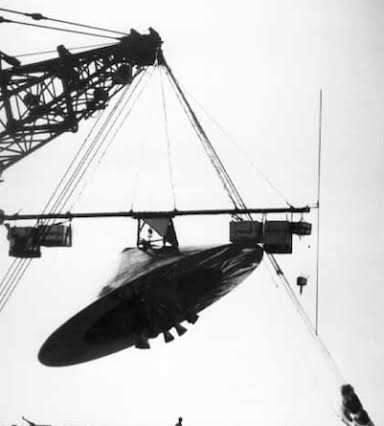The Roswell incident of 1947 is one of the most well-known conspiracy theories in modern history. It is believed that an alien spacecraft crashed near Roswell, New Mexico, and that the US government covered up the incident. While there is no concrete evidence to support this theory, it has led to speculation that the incident had a significant impact on technological advancements.
However, the reality is that the years following World War II were marked by rapid technological progress in various fields. The development of groundbreaking technologies, such as the transistor, the first commercial computer, and the first successful rocket launches, were the result of a combination of scientific curiosity, military and space exploration goals, and economic and industrial factors.
The transistor, for example, was invented in 1947, the same year as the Roswell incident. This tiny device revolutionized the electronics industry and paved the way for the development of modern computers, smartphones, and other electronic devices. The invention of the first commercial computer, the UNIVAC, in 1951, was another significant milestone in the history of computing.
Similarly, the early years of space exploration were characterized by rapid advancements in aerospace technology. The Soviet Union launched the first satellite, Sputnik 1, in 1957, and the United States responded by launching its own satellite, Explorer 1, the following year. These successes paved the way for the development of human spaceflight programs, such as NASA’s Mercury, Gemini, and Apollo programs.
In conclusion, while the Roswell incident remains a fascinating topic for conspiracy theorists, there is no evidence to suggest that it had a significant impact on technological advancements. Instead, the rapid progress in various fields during the years following World War II was the result of scientific curiosity, military and space exploration goals, and economic and industrial factors.
